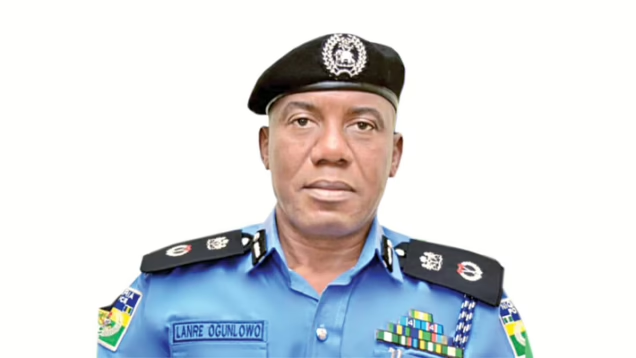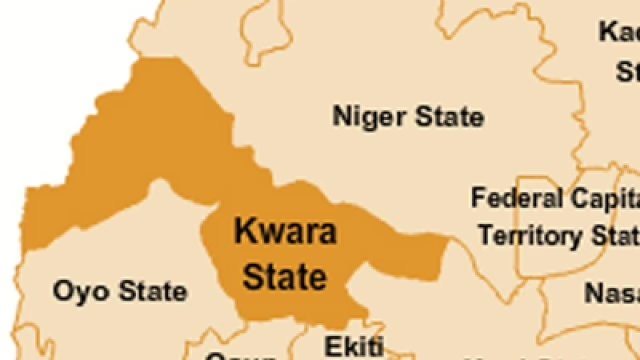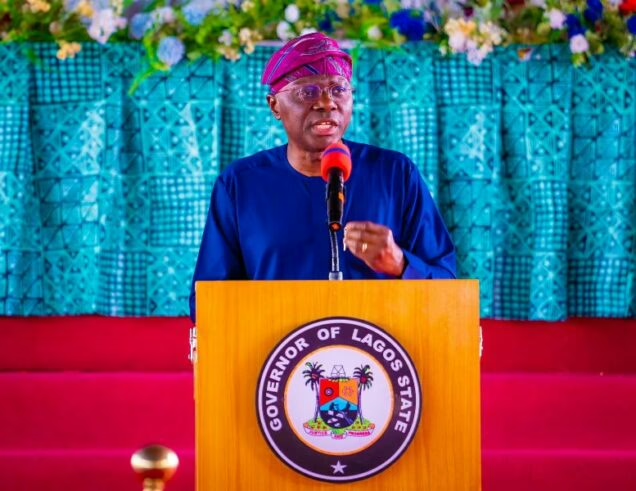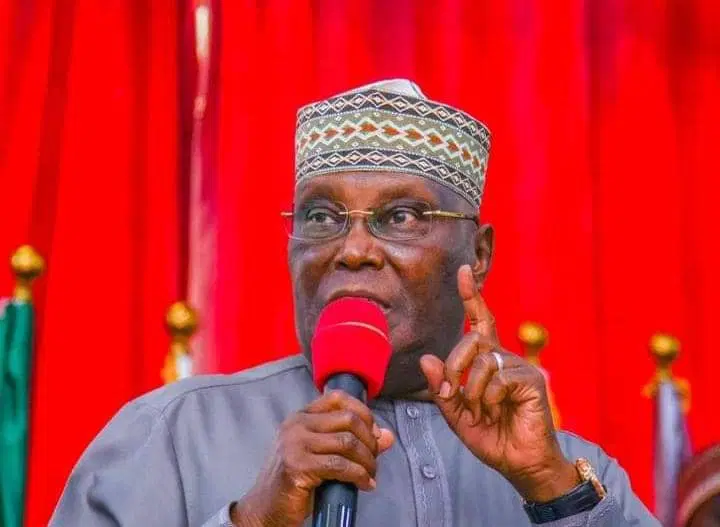By Fred Itua, Abuja
Last week’s announcement of the immediate-past governor of Rivers State, Nyesom Wike as minister of the Federal Capital Territory (FCT), was received by residents of the nation’s capital with mixed feelings.
While some expressed shock and hailed the decision by President Bola Ahmed Tinubu as a master stroke, others viewed it as a sharp departure from the past, where no Southern Christian had been named substantive FCT minister in 47 years.
The first time a Southerner was appointed as FCT minister was in 1976 when former military head of state, Olusegun Obasanjo appointed Mobolaji Ajose-Adeogun.
Since then, only Northerners have occupied the position, predominantly Hausa and Fulani, at least since 1999. Wike’s appointment, therefore, is seen by many as a bold departure from the past.
According to a former presidential spokesman, Reno Omokri, “it has taken forty-seven years for a non-Northerner to occupy that position again and coincidentally, just like in 1976, the person was appointed by a fellow Southerner.
“Sadly, the original indigenes of the area now known as the Federal Capital Territory have never been appointed minister.
“Hopes had been high that the President would appoint the first FCT indigene ever nominated as a minister, Zephaniah Jisalo, to that position. But we have seen the way the cookie crumbled.”
Wike as FCT minister is expected to be confronted with a myriad of challenges, largely owing to the ineptitude of the immediate-past minister of the Territory, Muhammad Bello.
For eight years when he held sway, FCT faced many daunting challenges that were never confronted. The infrastructure was overstretched. Sadly, Bello didn’t improve on what he inherited.
Over 80 percent of the projects he claimed to have started were not completed in eight years before he departed in May. The abandoned projects dot every nook and cranny of the Territory.
Insecurity reached a new height during the eight years reign of Bello. Kidnappers had a free for all operation, with no serious resistance from the FCT Administration, led by Bello. Residents were abducted from their homes and huge ransoms were paid before they were released.
Satellite towns were completely abandoned by the Bello-led previous administration. In Kubwa, Lugbe, Karu and in other satellite towns, roads infrastructure have completed collapsed and Area Council chairmen seldom provide relief works.
During Bello’s administration, commercial Okada riders took over every part of the territory, including Asokoro. In satellite towns, Okada riders still ply their businesses with recklessness and frequently attack residents with dangerous weapons. Despite series of public outcries calling for their ban, Bello refused to lift a finger.
Beyond the aforementioned, the unending face off between original indigenes and the FCT administration was left unresolved by the Bello-led administration. Resettlement, compensation and other sundry issues are still pending.
As Wike takes oath of office, Daily Sun outlines key challenges he must confront within the first one year in office.
Insecurity
In 2022, daredevil terrorists and bandits launched a series of attacks within the FCT. The most daring was a jailbreak at the Kuje Medium Security Custodial Centre on July 5.
More than 800 inmates escaped. About 60 suspected terrorists remanded in the facility also escaped. The police and other security agencies, however, recaptured some of the escapees in the months that followed.
Islamic State West Africa Province (ISWAP), claimed responsibility for the attack, which left at least five people dead.
Three weeks after the jailbreak, again, gunmen killed eight Presidential Guards Brigade soldiers on patrol in the Bwari Area Council of the territory.
The soldiers had been called out to the area after claims by the management of the Nigerian Law School that terrorists had dropped a letter threatening an attack on the institution.
The insecurity led to the closure of a government-owned school in Kwali Area Council, a day after suspected terrorists attacked surrounding communities.
A memo from the Nigeria Security and Civil Defence Corps (NSCDC) dated July 25 had warned of terror attacks in five states, including the FCT.
On July 28, a few days after the NSCDC memo surfaced, one soldier died during a gun battle between troops of the Nigerian Army and terrorists near Abuja. The terrorists had attacked a checkpoint along the Abuja-Kaduna road near Zuma rock in the neighbouring Niger State.
Embassies and other international organisations issued warning alerts to their people in Abuja. Some diplomats were evacuated. In all, the FCT administration remained helpless.
As the new sheriff in town, Wike is expected to tackle insecurity in the territory, starting with the menace created by Okada riders, one chance syndicates, kidnappers, ritual killers, among others.
Imbalance in FCT Administration
The FCT administration is a creation of the law. Expectedly, every component unit of Nigeria is expected to be well represented. However, that has been a far cry from the reality. Though previous FCT ministers from the North promoted their region and Islam above others, the last administration headed by Bello elevated it.
Out of the seven Mandate Secretaries Bello appointed as minister, six were Muslims from the North. Only one Christian from the South West was given an irrelevant portfolio. Despite the public outcry, Bello looked the other way.
In Abuja public schools, Northern Muslims make up over 70 percent of the principals and other heads. Within the FCT administration, Northern Muslims predominantly occupy key positions and head agencies. Whenever the issues are raised, the FCT administration maintains a loud silence. As the new minister, Wike is expected to confront and address the imbalance.
Overstretched infrastructure
One of the reasons advanced by the Military Government for establishing a new FCT in Abuja, was as a result of the overburdened infrastructure in Lagos State. Sadly, the FCT is tilting towards the same direction. The infrastructure in the FCT is under pressure. However, there are no new ones to support the system.
Unlike other Federal Capital cities in the world, Abuja has no functional transport system. The Abuja Light Rail was crippled by Bello-led administration. Similarly, the buses purchased by previous administrations are out of use. The last administration didn’t revive the scheme.
Along major road corridors in the FCT, there are no parks for commercial taxis and vehicles to pick and drop off passengers. They often block major highways and cause traffic gridlock during rush hours.
Night and social life
Abuja is a cosmopolitan city, with people of different cultures and religions. However, the last eight years has witnessed a downward trend of nightlife and social activities in the territory. If the public had not protested, religious fanatics appointed by the Bello-led Administration would have introduced Sharia laws in Abuja.
Today, relaxation gardens are not allowed to operate before a certain hour. Ladies who go out at night to have fun are arrested and molested by FCT officials, who describe such as immoral. The icing on the cake was the demolition of a nightclub by the FCT Administration because of nude dancers. As the new minister, residents are hopeful that Wike will address these grey issues.
Abuse of Abuja master plan
Since the time of Nasir El-Rufai, the FCT has not adhered to the implementation of the Abuja master plan. The worst abuse was orchestrated by the last administration of Bello. Across the territory, buildings are springing up, even in green areas. Beside selective demolitions, the Administration has not done anything phenomenal in that regard. Wike, highly regarded as ‘Mr. Infrastructure’, is expected to replicate the magic he performed in Rivers State in the FCT.
Beside the aforementioned, there are other key challenges Wike is expected to face. Expectations are also high on how he will address them without causing any political upheaval in the territory.











